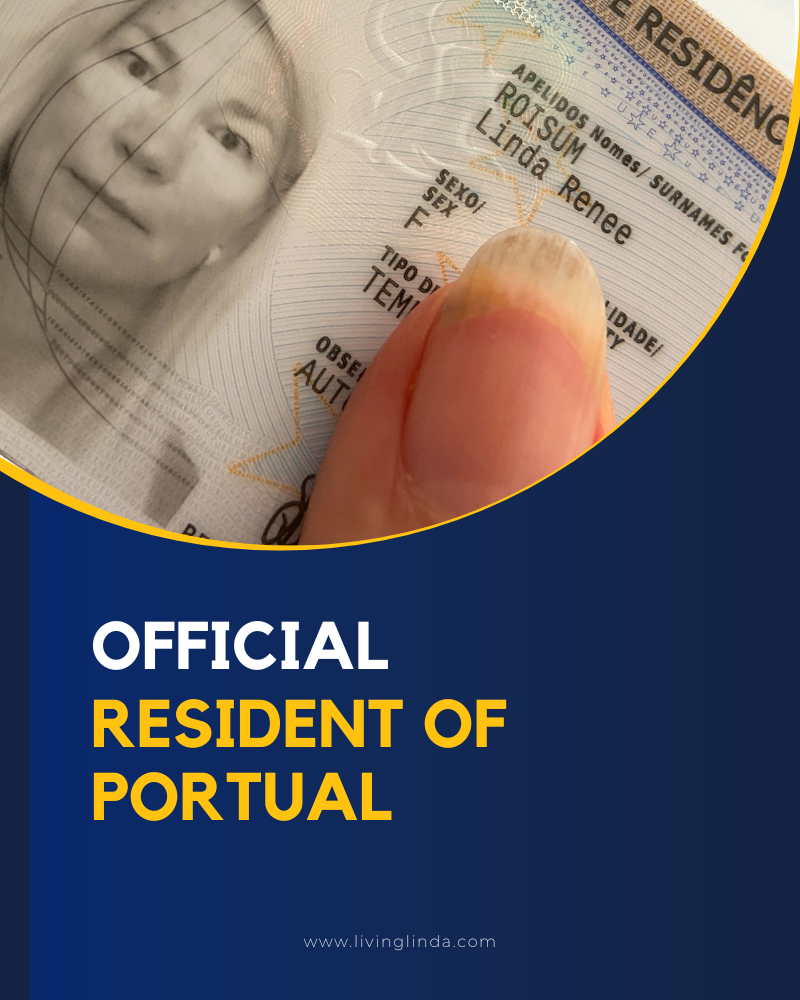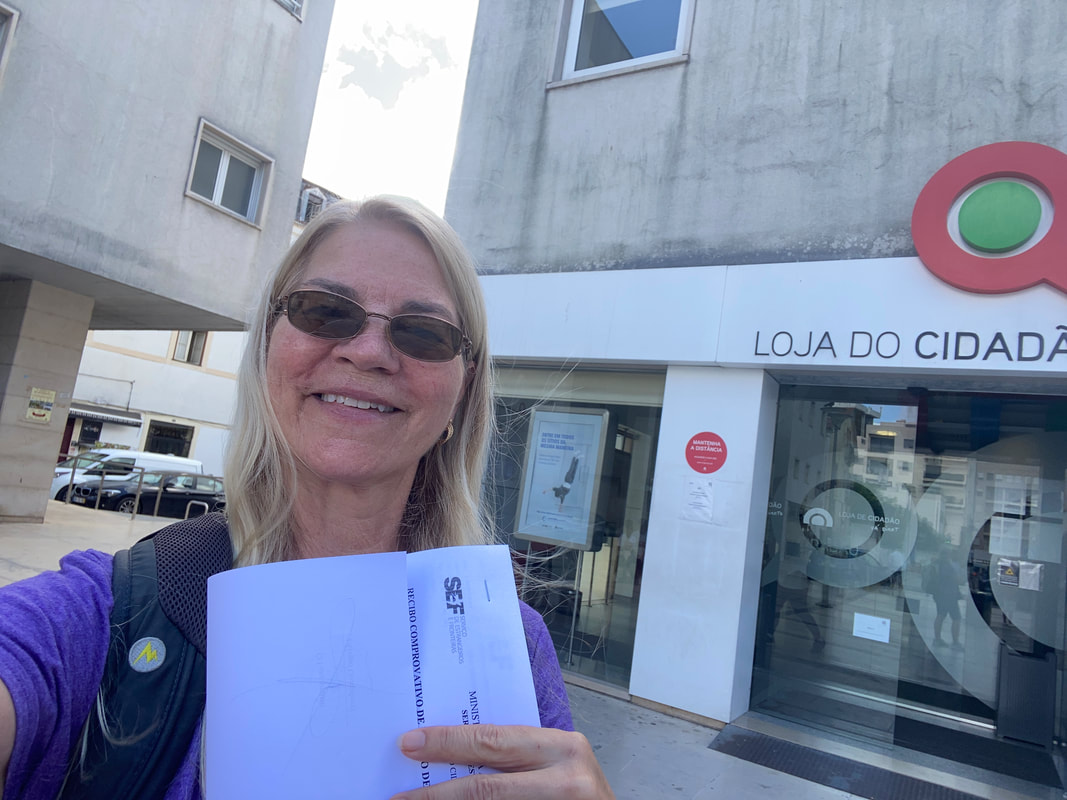Welcome to laundry ay here in Lisbon, Portugal.
I do laundry about three times a week, because as you'll see in a second, my washing machine is quite small.
My washing machine is actually in my kitchen and as you can see I have a very long galley style kitchen.
I use the laundry sensitive skin detergent pods from Dropps. I brought these from the US and you just take one and you put it in the barrel of the machine and then you put your clothes in.
In this case, I'm doing the towels today.
As you can see, it's pretty full now. And we're just going to close the door and turn on the machine.
I just do the 15 minute wash, It's at 30 degrees Celsius and I find that it gets my clothes pretty clean.
And then I'm going to just press the start button.
OK, the machine just finished, so let's go get the laundry.
Most apartments in Lisbon only have a washer.
If they do have a washer, very few have dryers, and sometimes you'll find a washer dryer combination.
My apartment only has a washer, so in the winter time it's too humid in the apartments or too freezing cold outside to put them out on the balcony, which is what I usually do.
So I take the towels and sheets to the laundromat.
It's summertime. So I hang them out on the balcony.
Let me show you how I do it.
So here is my dryer during the spring, summer and actually into the fall.
OK, the towels have been outside hanging to dry for a couple of hours, so they are probably dry.
Ohh, yes, perfect.
Alright, so I will bring them in and fold them up and then I will be finished with laundry for today.






 RSS Feed
RSS Feed